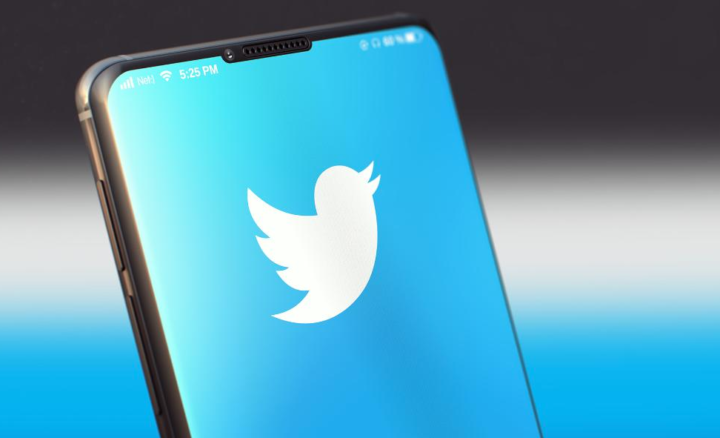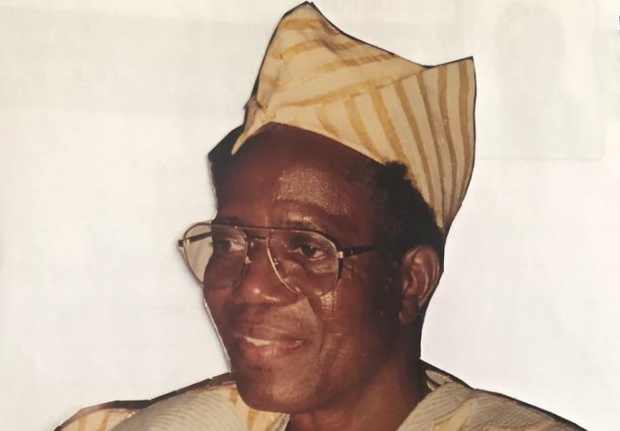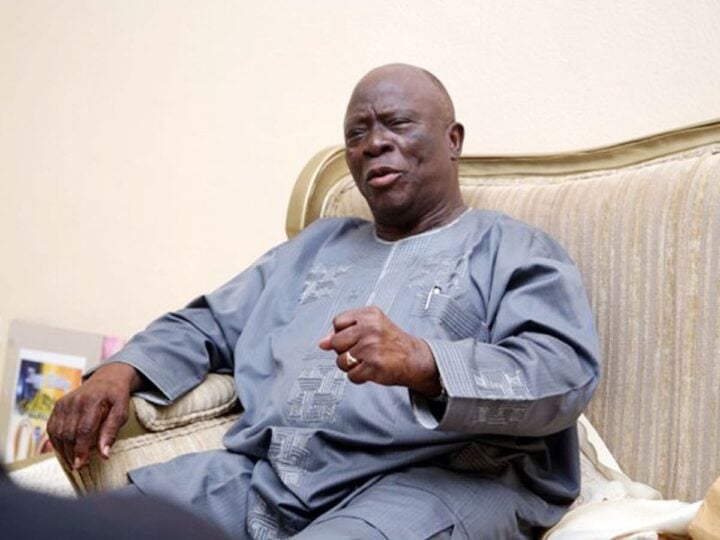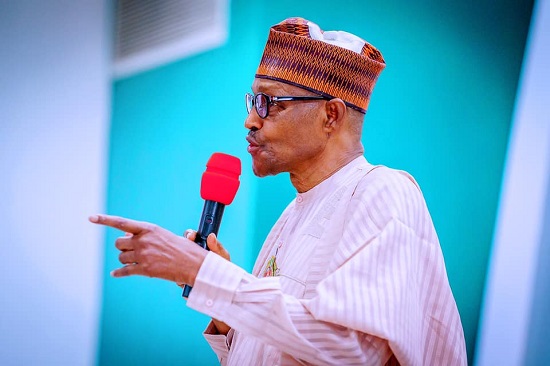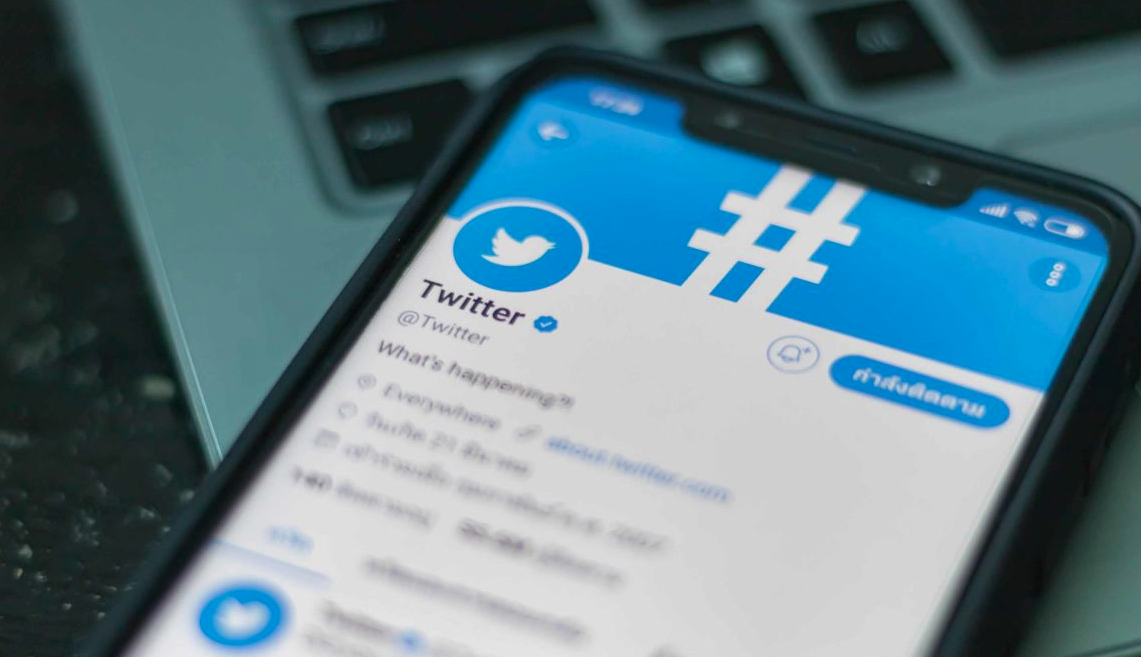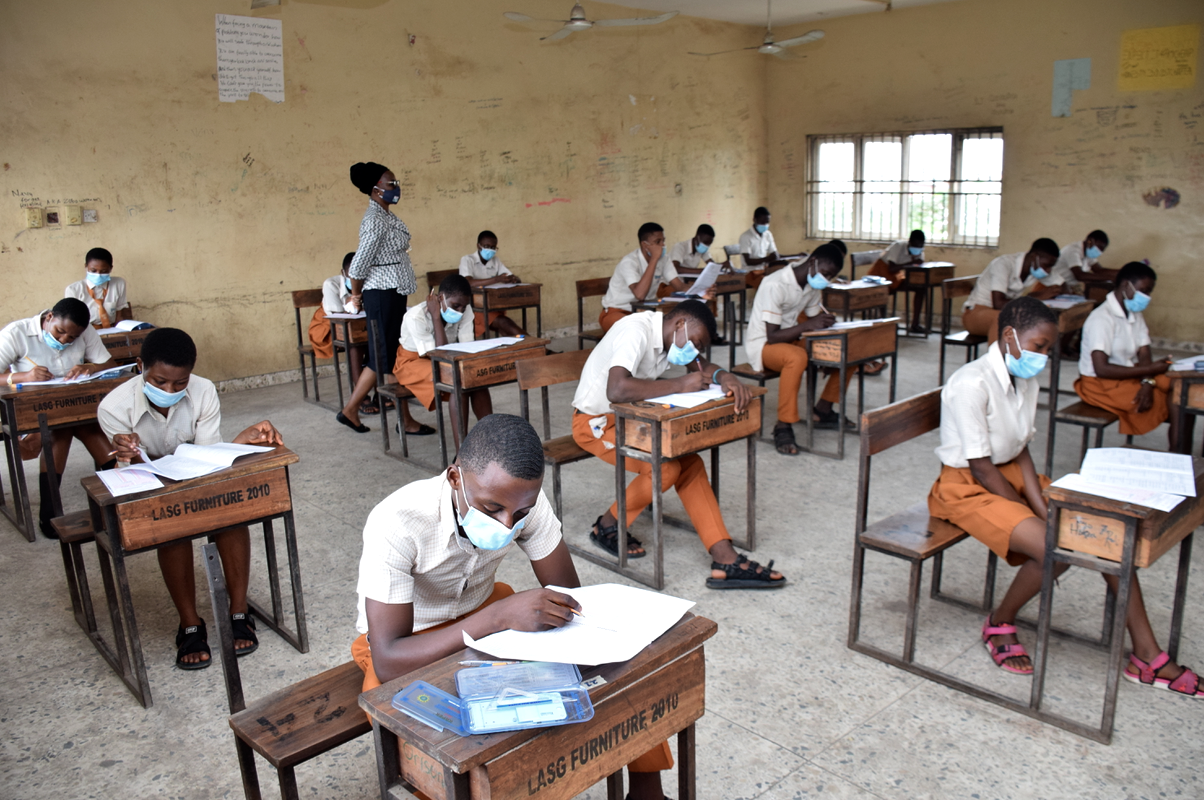It began with a tweet on June 1, 2021, from President Muhammadu Buhari’s Twitter handle @MBuhari. He reprimanded angry youths “misbehaving” and alluded to his role in the civil war promising to treat secessionists “in the language they understand”. This tweet was followed by public outcry and condemnation because many considered it repulsive, and some deem it a call for genocide. As a result, Twitter pulled down the specific tweet and video, and the FG banned Twitter in Nigeria indefinitely and called for other social media restrictions. Like other actions of any leader, the ban has been received with mixed reactions.
It is understandable while the President should be irritated with the country’s security situation, especially regarding the South-Eastern part of the country. Since the turn of the year, attacks by “unknown gunmen” have led to the death of scores of policemen, army personnel as well as other security agents. In addition, many public institutions, especially police stations and offices of the Independent National Electoral Commission, have been razed by the hoodlums in the southeast.
The Nigerian Police has linked the attacks to the Indigenous Peoples of Biafra (IPOB), a secessionist group that seeks to restore the defunct State of Biafra. The group, led by Nnamdi Kanu, is believed by security agencies to have embarked on an arms struggle.
On social media, Nigerians trended the #IAmIgboToo hashtag to express their displeasure over the President’s statement. In addition, Nigerian Twitter users from different ethnic groups also adopted Igbo names to show their solidarity with the Igbo people.
Advertisement
What followed was the removal of the tweet by Twitter. Twitter policy on hateful conduct prohibits tweets that “promote violence or threaten” people based on “race, ethnicity, national origin.” So, the tech company deletes such tweets, or Twitter compels users to “remove the violating content.”
Though some may believe that Twitter removed the tweets as it felt it violated its policy, I must point out that it has not always been neutral in dealing with Nigeria. For example, during the #EndSARS protests of last year, Twitter allegedly encouraged the protest by a nauseous promotion of the #EndSARS hashtag and advised the protesters on alternative ways of raising funds through cryptocurrencies to bypass the clampdown on accounts funding the protests by the Nigerian Central Bank.
Reacting to these seeming contradictions and lack of neutrality, the Minister of Information, Lai Muhammed, complained that Twitter condones worse tweets from IPOB leader Nnamdi Kanu. This comparison demeans the Nigerian President’s office. How can he compare tweets from the President with that of a secessionist leader known for uncouth language, acerbic words, and temper tantrums?
Advertisement
The announcement that the FG has banned Twitter indefinitely took many Nigerians by surprise, and it seems in many quarters that it is not a well thought out response, and the federal government may have taken on a battle it can never win. The reasons for this view are manifold.
The first reason is that the speed and context of the Twitter ban by FG smirk of hasty and jerky reaction and retaliatory action against an organisation upholding the dictates of its policies. The reasons proffered by the FG at best are conjectural and unrelated to the issues at hand. Misinformation and spread of fake news which may have affected national security as claimed by Some of the president’s handlers would not fly as the reason for the ban if the ban came only a few days after Twitter pulled down the President’s tweet. People are wise to uncover the hidden reason, and many felt it was not the whole truth and is disingenuous of the FG to pull such a stunt.
The second reason is that people are suspicious of any fight against the media, which often they interpret as an attempt to muffle their freedom of speech and expression in a country practising constitutional democracy. On the contrary, Twitter and platforms like it create a public sphere for expressing divergent views by all. It is a marketplace for ideas and counter ideas, often competing for relevance and acceptance. Everyone with a smartphone and mobile data could air his views on local, national, and international issues, mobilise and fight for a course, and assess and learn about current events. Therefore, a complete ban on Twitter may be seen by many as an affront to their fundamental liberty.
The ban immediately brought to peoples’ mind the draconian decree 4 of 1984 that curtailed freedom of speech for journalists and public commentators. This decree promulgated during the military regime of Gen. Mohammadu Buhari, and any assault on the media forces people to reminisce on those days.
Advertisement
The third reason is that the FG cannot afford to engage in a war with international media, especially at this auspicious time. Insecurity, banditry, poor economy, and secessionist agitations have negatively affected Nigeria’s image locally and internationally. We need international media as our friends rather than foes. Banning Twitter sends a wrong signal that FG is applying undue high-handedness in dealing with domestic issues. Opposition and non-state actors will milk this to prove that the FG is persecuting them for contrary views, and the FG is anti-people. Other international media (social and traditional) may likely come together to portray the FG in a bad light internationally. We should avoid this at all costs, especially given our current impasse. We cannot multiply the war front.
Fourthly, President Buhari is not the first president to have a face-off with Twitter. Donald Trump, the former US President, was utterly banned from Twitter and other social media for almost two years. As Twitter has become powerful, so have the users become vulnerable to the dictates of the owners and managers. Jack Dorsey, the CEO of Twitter and Mark Zuckerberg, Facebook founder, have become two of the most powerful men in the world. So, when Twitter decided to suspend the account of Donald Trump after the January 6, 2021 insurrection whereby his supporters stormed the US Capitol, it caused severe reverberations. It meant that a private company could clip the wings of a sitting US President, widely regarded as the most powerful man in the world.
The fifth reason is that Nigeria does not want to be among countries that banned Twitter and other social media. China, Iran, North Korea, Cuba, Turkmenistan, Nigeria. These countries are the list of countries where Twitter is banned. How can Nigeria be listed with other widely accepted countries that stifle free speech, discourage dissent, and abuse human rights? These countries do not have democratic values and profile ,and are not countries Nigeria should be proud to be linked together.
The sixth reason is that social media is an outlet for people, especially young people, to express themselves and vent their anger. Imagine the amount of frustration young people will go through when they get cut off from the global social world they link with through social media. Any parent of young people can testify to how attached young ones are to their social media, and most of the information they get is from social media. Young people inhabit this virtual reality bubble created by social media to the extent that some are addicted to it and may struggle to clearly distinguish between digital reality and social reality. Young people may rebel against any ban on social media.
Advertisement
Moreover, I am not sure that we have the technical capacity to shut down social media over the internet. How can we make laws or rules that we cannot enforce? Even if we can implement this ban, why waste resources that should solve a panoply of other pressing needs confronting Nigeria?
FG seems to be acting desperately and, therefore, may be making more mistakes. Remember that Mubarak and Ghadaffi tried to ban social media during the Arab spring but failed. Banning media is an antiquated technique and adopts a standard military approach which cannot work in a democracy.
Advertisement
I think the President’s tweet should not have been posted in the first instance by his Twitter handlers. His media handlers should have seen to that. The President’s handlers should have ensured that his anger and frustrations over the breakdown of law and order in the country and the acute security challenges that threaten to dismember the country are not in the public domain. There is a measure of diplomacy expected in the President’s public statements. Governments worldwide spend millions of dollars on Public Relations consultants whose primary duty is to give the government an acceptable image to the public.
However, after posting the tweet and the backlash ensued, which culminated in the removal of the tweet by Twitter, the government should have learnt her lessons and ensured that any tweet coming from the President’s handle goes through greater scrutiny. Maybe they should have interrogated the President’s social media management team. Instead, suspending Twitter in the country adds more fuel to the fire and depicts the government as dictatorial.
Advertisement
There was some rumpus when Twitter announced setting up her African office in Ghana some months ago. However, many people had expected them to set up shop in Nigeria as the country offers more significant opportunities than Ghana. With this development, the decision of Twitter to snub Nigeria would be seen as a wise move as they would have been more susceptible to government sanction if their offices were in Nigeria.
Social media has become an essential tool in the everyday lives of many Nigerians. It is a symbol of free speech and a vital ingredient for democratic rule and governance. The issue of regulation of social media is a matter for another day . The current administration is a beneficiary of social media as it used it extensively in the arduous battle to unseat the People’s Democratic Party (PDP)-led government in 2015.
Advertisement
This ban has economic consequences and may damage Nigeria profoundly by creating loss of jobs for our teeming youths in the digital marketing sector, rob off negatively on Nigeria’s image abroad, negatively batter foreign investors’ confidence in Nigeria, dampen our democratic antecedents, widen the communication gap between the FG and the people, and may lead to international embarrassment and hostile public diplomacy.
In summary, by banning Twitter, we will be hurting our economy more and the federal government risks sending the message that we are back to the old days of military dictatorship, during which the free press was usually the first target. Moreover, it risks undermining the assertion by the President’s supporters that he has fully transformed from a military man to a democrat, that the current administration is different from the time the President took power as a soldier via a coup d’état in 1984. There are many ways the government can address the unfortunate removal of the President’s tweet or even our security challenges But, unfortunately, banning Twitter in the country is not one of them.
Views expressed by contributors are strictly personal and not of TheCable.
Add a comment

